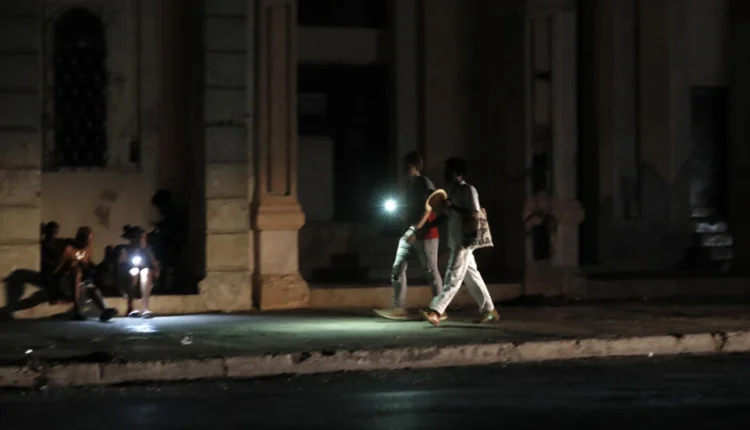
‘Electricity and Food’
“Electricity and food” was the slogan under which hundreds of Cubans took to the streets in the eastern cities of Santiago de Cuba, El Cobre, and Bayamo. “Electricity and food”—the harsh reality is undeniable.
In Santiago de Cuba, the country’s second largest city, around three in the afternoon “a group of mothers took to the street with their children to demand food and milk for the minors in a popular neighborhood on the Morro highway,” reports the EFE agency.
“This month neither rice nor sugar have arrived at the warehouse,” said a woman from Santiago. It refers to the one sold through the ration book.
“And powdered milk?” expressed several of the protesters while the first secretary of the Communist Party of Cuba, Beatriz Johnson, tried to dialogue with the crowd. “We don’t want a smooth talk,” some responded; “The words do not provide power,” said another on Facebook.
And the current/electricity?
Santiago de Cuba and the entire country have been suffering blackouts for hours and hours. In the provinces of Artemisa and Mayabeque, for example, the current goes out for ten to eleven hours, returns for three hours and goes out again, residents report.
Thermoelectric plants, obsolete and overexploited, suffer from chronic failures, and then… blackouts. Added to this is the delay in the arrival of tankers with fuel.
The combination of factors results in the generation deficit being around 1000 MW, a figure that is around 40%. These cold numbers get warmer when translated into about 10 and 11 hours of blackouts to come back for two or three hours and go out again.
Millions of Cubans are without electricity. The result: “The little I have in the refrigerator is going to spoil,” a woman told Progreso. Her comment is the same for thousands and thousands of people.
The energy crisis has been worsening. A sample?
The electricity generation deficit, which translates into hours of blackouts, in the last ten days has been as follows. (Data taken from the official reports of the Electrical Union):
March 8: 1566 MW
March 9: 1483 MW
March 10: 1120 MW
March 11: 1282 MW
March 12: 1284 MW
March 13: 1316 MW
March 14: 1312 MW
March 15: 1331 MW
March 16: 1508 MW
March 17: 1314 MW
These figures averaged about 1,351.6 MW of deficit in 10 days. In other words, this means around 40% of the country with blackouts that can last 10/11 hours without electricity.
If we add to the combination of Electricity and Food the Consumer Price Index (CPI) that is skyrocketing: it can reach 400%. So…
Without a doubt: Cuba is going through one of the deepest crises in its history and, according to many local analysts, it is structural in nature.

